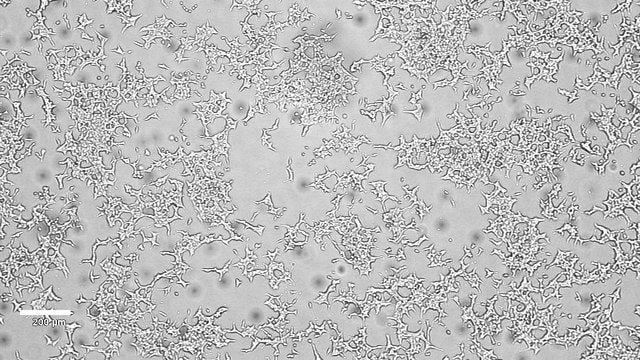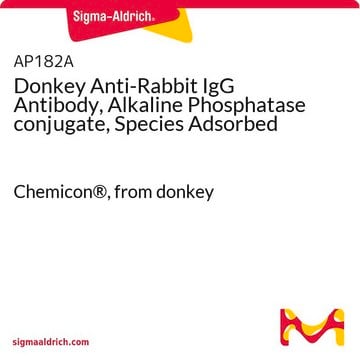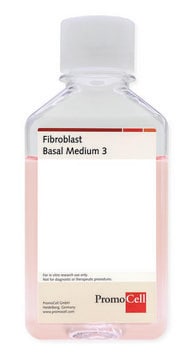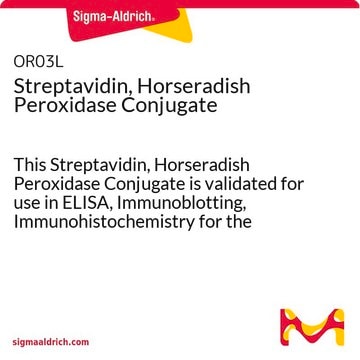MAB3516
Anti-Heat Shock Protein 70 Antibody, clone W27
clone W27, Chemicon®, from mouse
Synonym(s):
HSP70
About This Item
Recommended Products
biological source
mouse
Quality Level
antibody form
purified antibody
antibody product type
primary antibodies
clone
W27, monoclonal
species reactivity
bovine, human, monkey
manufacturer/tradename
Chemicon®
technique(s)
immunohistochemistry: suitable (paraffin)
immunoprecipitation (IP): suitable
western blot: suitable
isotype
IgG2a
NCBI accession no.
UniProt accession no.
shipped in
wet ice
target post-translational modification
unmodified
Gene Information
human ... HSPA4(3308)
Specificity
POSITIVE CONTROL:
HeLa cells, BT474 cells or breast carcinoma.
Immunogen
Application
Immunohistochemistry (frozen and formalin/paraffin): 2-4 μg/mL for 2 hours at room temperature. Staining of formalin fixed tissue sections requires boiling the tissue sections in 10mM citrate buffer, pH 6.0 for 10-20 minutes followed by cooling at room temperature for 20 minutes.
Immunoprecpitation: 2 μg/mg protein lysate (use Protein G)
Flow cytometry
Optimal working dilutions must be determined by end user.
Physical form
Analysis Note
POSITIVE CONTROL: BT474, MAD109, RenCa, SK-NEP-1, U937 cells or breast carcinoma.
Other Notes
Legal Information
Not finding the right product?
Try our Product Selector Tool.
Storage Class Code
12 - Non Combustible Liquids
WGK
WGK 2
Flash Point(F)
Not applicable
Flash Point(C)
Not applicable
Certificates of Analysis (COA)
Search for Certificates of Analysis (COA) by entering the products Lot/Batch Number. Lot and Batch Numbers can be found on a product’s label following the words ‘Lot’ or ‘Batch’.
Already Own This Product?
Find documentation for the products that you have recently purchased in the Document Library.
Our team of scientists has experience in all areas of research including Life Science, Material Science, Chemical Synthesis, Chromatography, Analytical and many others.
Contact Technical Service








